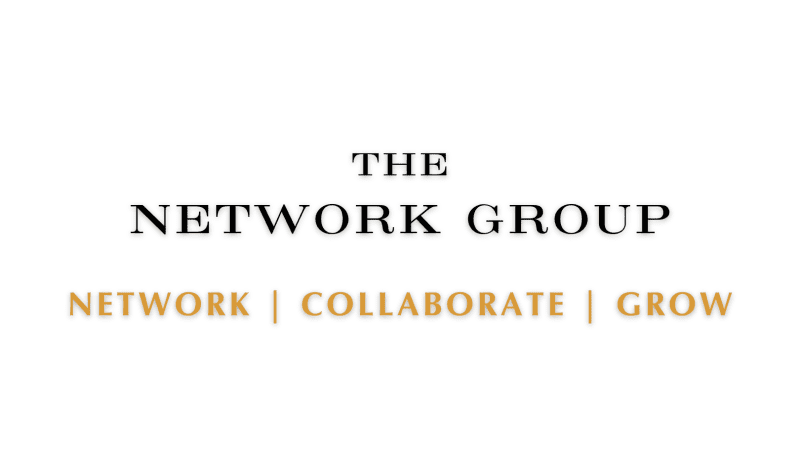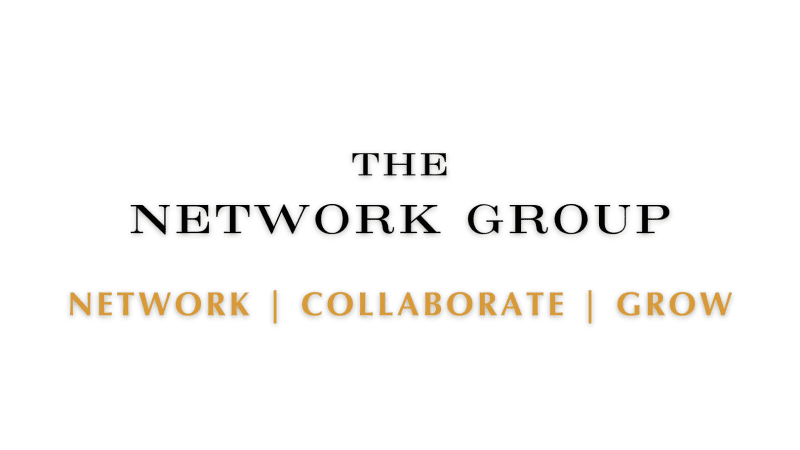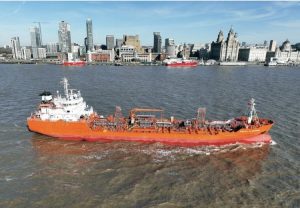It will come as no surprise to anyone when I state that we live in turbulent times, and that the intersection of politics and international trade has rarely been more acute. President Trump is having a profound effect in disrupting “business as usual” and yet the changes he has threatened or imposed are still limited. The US have imposed highly targeted tariffs of 25% raised on the EU steel and aluminium industries’ exports to the US, as well as from many other countries. The UK has decided not to respond, at least for now.
Because EU exports of steel and aluminium to the US far exceed US steel and aluminium exports from the USA to the EU, the EU, seeking reciprocity, have extended measures to several very specific US products including for example Harley Davidson bikes and whisky, going far beyond the scope of the original tariffs. This actually amplifies President Trump’s position of asymmetry, and he has responded by threatening wine, sparkling wine and spirits with 200% tariffs. These are all deferred until at least the beginning of April, and I can’t help but adapt the old Harold Wilson saying “A week is a very long time in International Trade and Tariff measures”.
Tariffs are taxes, but their target is not always clear.
They can be used just to raise taxation, to defend native industries, but are often used to modify behaviour. This works by discouraging sourcing a product from a particular location and encouraging sourcing from alternate locations, be that domestic or other.
This does tend to be effective, and is used extensively around the world.
Tariffs even appear in unexpected places: there are provisions for Canada to charge tariffs of 298% on imports of US butter above quota, which makes the 25% imposition of US tariffs on goods coming from Canada look tame (worth saying that the quota hasn’t yet been reached, but that in itself could be a behaviour modifier). The EU has tariffs of up to 45.3% on electric vehicles from China, whereas the UK has no such tariffs. The EU imposes 10% tariffs on vehicle imports from the US, whereas the US has tariffs of only 2.5% on passenger car imports from the EU.
So, any protests from the EU and Canada about tariffs actually appear rather hypocritical.
It is also clear that the Canadian reaction so far is highly risky; the US economy is ten times the size of the Canadian economy and yet Canada historically has a substantial balance of trade advantage. This means that Canada has far more to lose than the US, and goes a little way to explain why Canada is trying to cosy up to the EU. As must be apparent, the whole tariff regime around the world is highly complex, fluid and now unpredictable.
What lessons can be learned from the current economic and political fluidity?
Well, it certainly looks like a good time to be in or supplying the European defence and ancillary industries. Most European countries and Canada have committed to substantially increasing defence spending over the next few years. There remain strong commitments to greenifying European economies, and the opportunities for developing new technologies, or servicing existing ones, look excellent.
Being reliant on supplying the UK and European car industries is fraught with risk as government policies impose a rapid movement to Electric Vehicles, at a more rapid rate than consumers seem willing to countenance or that infrastructure can cope with. An example of that is VW’s intention to close factories with large scale layoffs.
Food industries are always needed, and even with the current difficulties in farming, people will always need to eat. On the other hand, hospitality businesses are facing major challenges with the combination of increases in NIC, increases in minimum pay, and a contracting UK economy.
These same issues are affecting many retail businesses. The NIC increases are taking the equivalent of one million jobs out of the economy with low wage industries being badly affected. My advice, if anyone cares to listen, is to carry on looking for export opportunities across reliable markets, but to keep your actions as flexible as possible. The only guarantee I could give you is that there will be more uncertainty; in the end that is all that is certain!

Useful links:
gov.uk/exporting
Made in the UK, Sold to the World
export.org.uk
britishchambers.org.uk
Tony Goodman MBE is a successful exporter and has been doing so through a variety of different businesses. He is currently Marketing Advisor at Forest and Co who specialise in offering guidance on branding, exporting and sales: www.forestandco.com
The post The only certainty is uncertainty appeared first on Business Connect Magazine.




